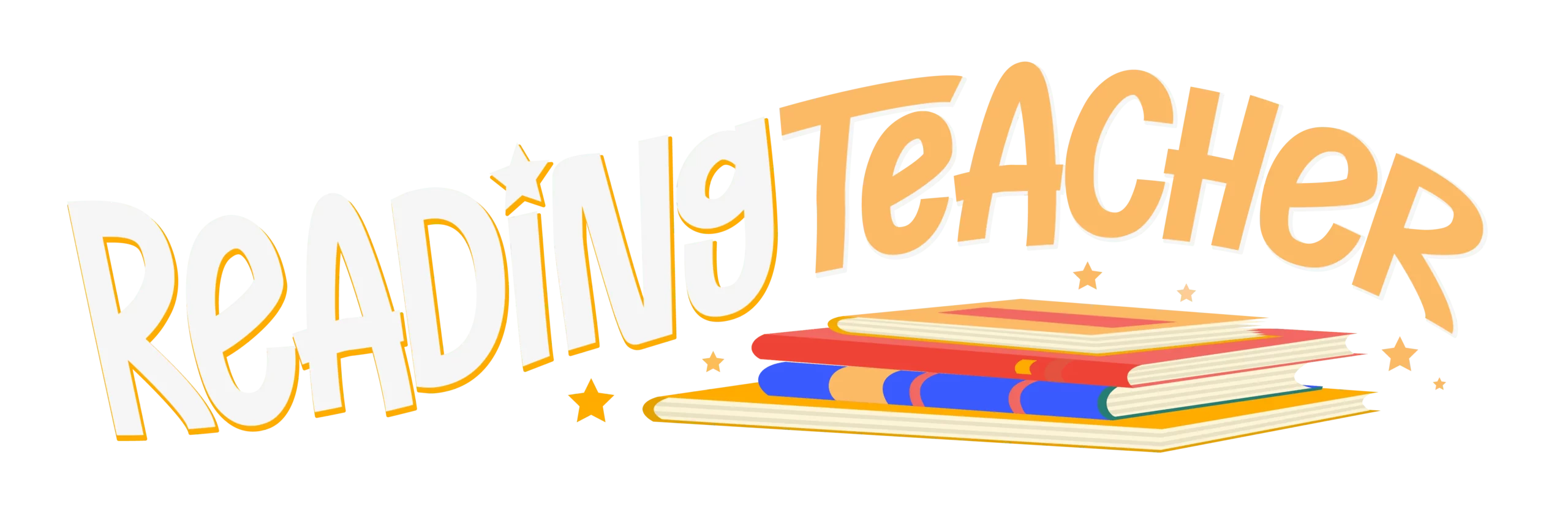Saying “Goodbye” to Bin Learning: New Cross-Curricular Reading Program
As part of ongoing efforts to reshape elementary instruction based on the science of reading, more schools are adopting curricula that support a whole-child and equity-minded approach. In this week’s newsletter, we dive into the science of cross-curricular reading education, focusing on the latest curriculum changes at Nebraska public schools through an equity lens.
In a December op-ed, psychology researchers wrote on the value of a whole-child approach to reading, wherein teachers stop teaching in “bins” – for instance, reading from 10:15-10:45 a.m. – and instead create lessons that honor the overlap between math and reading skills. Based on recent psychology research, early language ability is the single best predictor of both reading and math scores, and reading and math abilities depend on the same broad network of cognitive skills: memory, attention (executive function), language, and general knowledge. Teachers can design integrated lessons that draw from a range of topics in reading, math, and social skills, and that cater to a child’s or classroom’s unique interests: whether it’s favorite recipes, dinosaurs, or big cats. According to the authors, the best integrative lessons encourage peer collaboration and allow students to build on ideas from previous classes; they are active, engaging, meaningful to students’ lives, and, above all, joyful.

Amplify Core Knowledge Language Arts (CKLA), the new elementary reading and English Language Arts (ELA) curriculum at Lincoln Public Schools in Nebraska, models this integrative and cross-curricular approach to literacy. Amplify CKLA lessons, which will be officially implemented in the 2023-24 school year after piloting next year in select schools, are based on the vast, interdisciplinary body of research known as the science of reading. The K-2 portion of the curriculum is divided into two strands: foundational skills such as phonics and position words, and a knowledge component that pushes students to expand their knowledge and vocabulary in a specific, equity-conscious topic.
Under the new curriculum, elementary schoolers grades K-5 will draw connections between social studies, history and science, said Lisa Oltman, the district’s K-6 language arts curriculum specialist. Among many other topics, kindergartners will learn about indigenous cultures, nursery rhymes, and fables; second graders will read Greek myths and study slavery and the Civil War, and fifth grade students will read Don Quixote and learn about the Renaissance. High-quality reading material will help students dive into these topics, and culturally relevant topics such as climate change will be threaded throughout grade levels to help students draw connections as they progress through school.

Driven by the belief that word recognition and language comprehension ultimately lead to reading comprehension, Amplify CKLA combines reading and writing under one curriculum, with a special emphasis on narrative, opinion writing, research, and discussion. Says Oltman: "We have a variety of students, lots of students with lots of different backgrounds, and so one thing that was important to us was that students get to see themselves, but they also get to learn about others through this curriculum.”
To formally implement Amplify CKLA, 80 LPS staff members participated in an elementary reading committee to study the science of reading and learn the CKLA materials. It has been a lengthy and expensive process, but educators believe it is a necessary investment to support all students, regardless of reading ability or socioeconomic background. By investing in equitable education and faculty training on the science of reading, school districts ultimately service both students and teachers, whose understanding of reading science will empower them to build lessons that are cross-curricular, culturally relevant, and meaningful for students.

Take-Aways:
- Psychology researchers and educational leaders continue to voice the value of teaching literacy through a cross-curricular and equity-minded lens, contrary to the traditional “binning” of reading, math, and other subjects.
- This research adds to our growing understanding of the science of reading, which serves as the foundation for the Amplify Core Knowledge Language Arts (CKLA) curriculum that will soon replace current literacy education in the Lincoln Public School District, Nebraska.
- Amplify CKLA encourages students to make connections across subjects and exposes them to a wide array of topics, cultures, and narratives, while training teachers to integrate subjects and design lessons based on student’s developmental needs and unique interests.
Start Teaching Reading for Free Now!
Access Level 1’s four interactive stories and the accompanying supplemental resources to teach elementary students how to read. No credit card is needed. Join the 42,635 teachers and students using our reading program.
